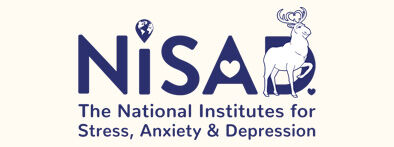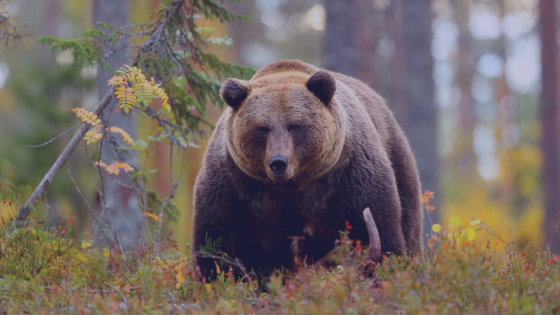Many (I would even go so far as to say most) of us are experiencing varying levels of anxiety due to the uncertainty that the Coronavirus pandemic brings up for us.
- When and how will it end?
- Will the world ever be the same again?
- What will happen to my job?
So many questions nobody has the answer to.
Anxiety can feel horrible and we might think we should be coping better – but it’s really very normal and part of our survival instinct.
Imagine if you will this scenario:
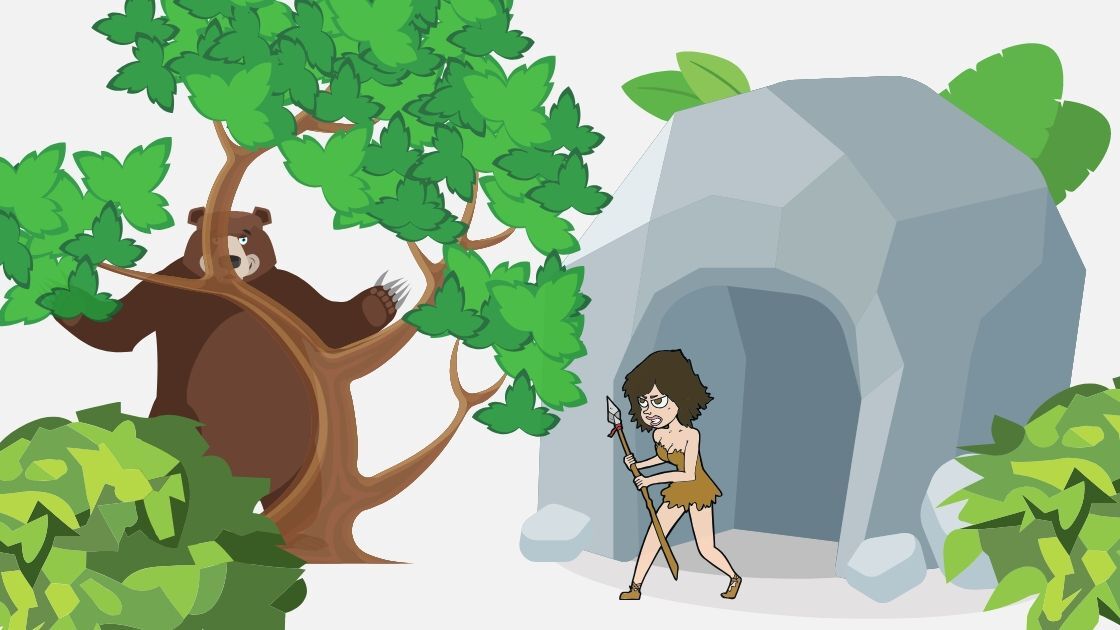
Two cave-women laying on a rock in the sun, perhaps enjoying a juicy piece of fruit.
Suddenly, there’s a rustle in the bushes. One of the women, let’s call her Nancy, dashes off saying, “I think it’s a bear!”
The other one lays there, saying, “Nah, probably just a rabbit.”
Who do you think we descended from?
Our ancestors were a jumpy bunch of individuals and we have passed this survival instinct on generation after generation, over millennia.
When we are feeling anxious, we usually just want the feeling to go away. We might distract ourselves with social media, binge watch Netflix or attempt to zone-out in some way, perhaps with alcohol or drugs.
It depends on how anxious we are as to how ‘successful’ we are at avoiding our anxious feelings.
Anxiety is an emotion in the same way as happiness – but would we try to get rid of happiness? Probably not. It just passes in its own time. The same is true of anxiety.
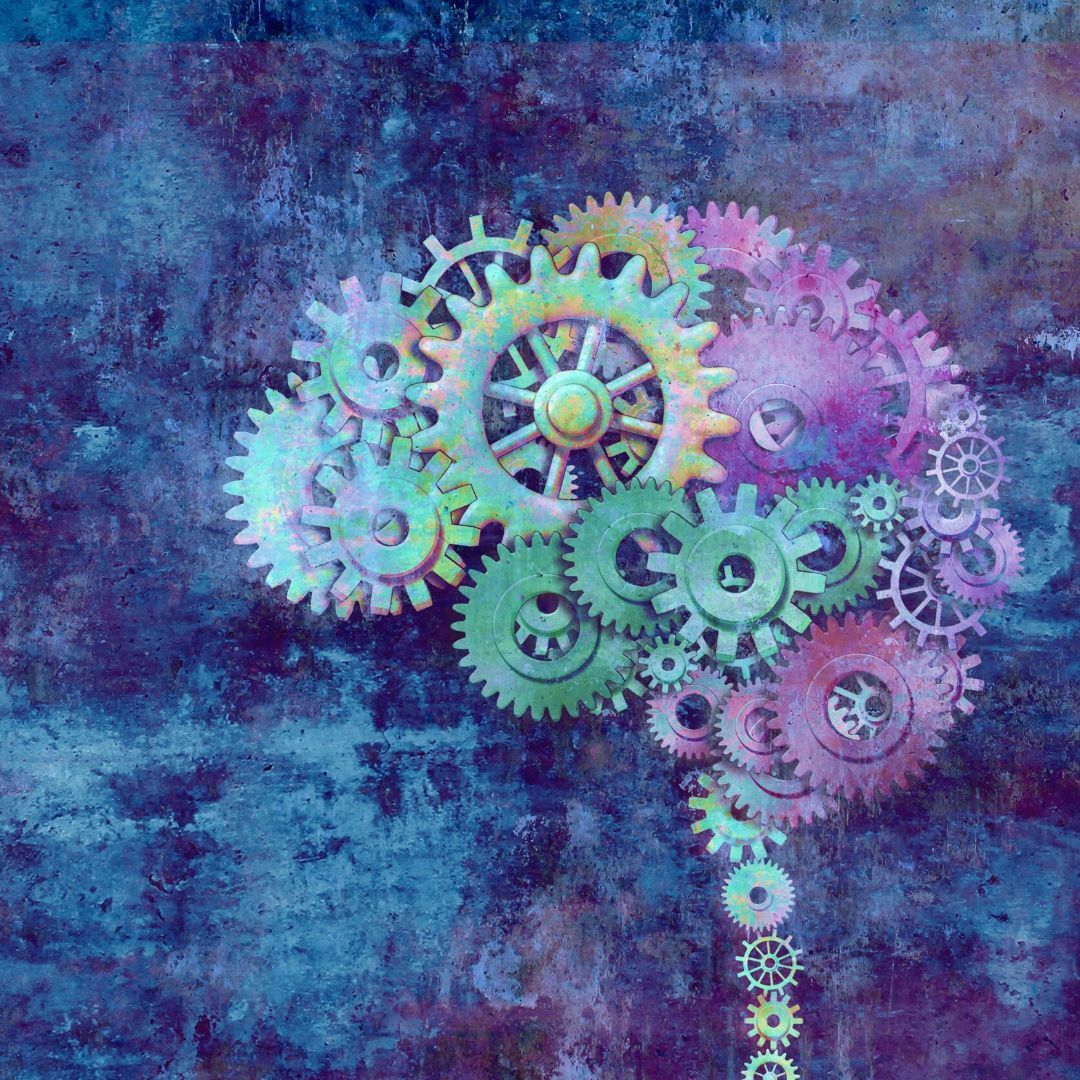
So now you know that anxiety is hardwired – it’s part of our stress response when things are uncertain, like the times we are living in now. But, hey, big wow. Does that make you feel any better to know that you’re normal? Probably not.
So how do we deal with our anxiety from Codid-19 during these uncertain times when it’s our evolved reaction?
Trying to ignore or distract yourself from the anxious feeling just doesn’t work
What tends to happen is the more you focus on trying to make the feeling go away, the more you hold it in place.. And some of the ways we might try to distract ourselves, like alcohol or drugs, are potentially harmful for us and our relationships.
Understanding why the body is flooding us with stress hormones and getting us ready to run in a situation of perceived or real threat (the real or imagined bear in the bush) is the first step to managing our anxiety differently.
- The reason Nancy ran away from what she thought might be a bear was, in part, because she could imagine her future if a hungry bear ran out of the bushes. Her future was ‘lunch’…and not her own!
- Secondly, the part of her brain reacting to the perceived threat of the bear, and getting her to run, doesn’t distinguish between imagination and reality.
These two things are happening for us now during the pandemic.
Firstly, we are thinking about what terrible things might happen and how we might cope (or not cope), and secondly, our brain is reacting to these thoughts as if they were real.
So the first step in managing our anxiety from Covid-19 is to recognise that it’s the thoughts about an uncertain future that are triggering the anxious feelings. We can imagine dreadful things, especially when we are dealing with uncertainty and the many things that are beyond our control.
Secondly, we can notice in the body where we are feeling the anxiety. Often it might be a knot in the stomach, tightness in the throat or a clenched jaw.
It might seem counter-intuitive to pay even more attention to the thoughts and focus on the feelings in your body but we are going to do this noticing in a different way. We are going to be developing a part of ourselves that observes, almost as a spectator, in an as non-judging and kind way as possible, our ‘right now’ experience.
We are often wrapped up in the narrative of our thoughts, ‘inside of our head’, feeling like the story we are telling ourself with the terrible ending is true. And we are often unaware of how the body is reacting to our anxiety.
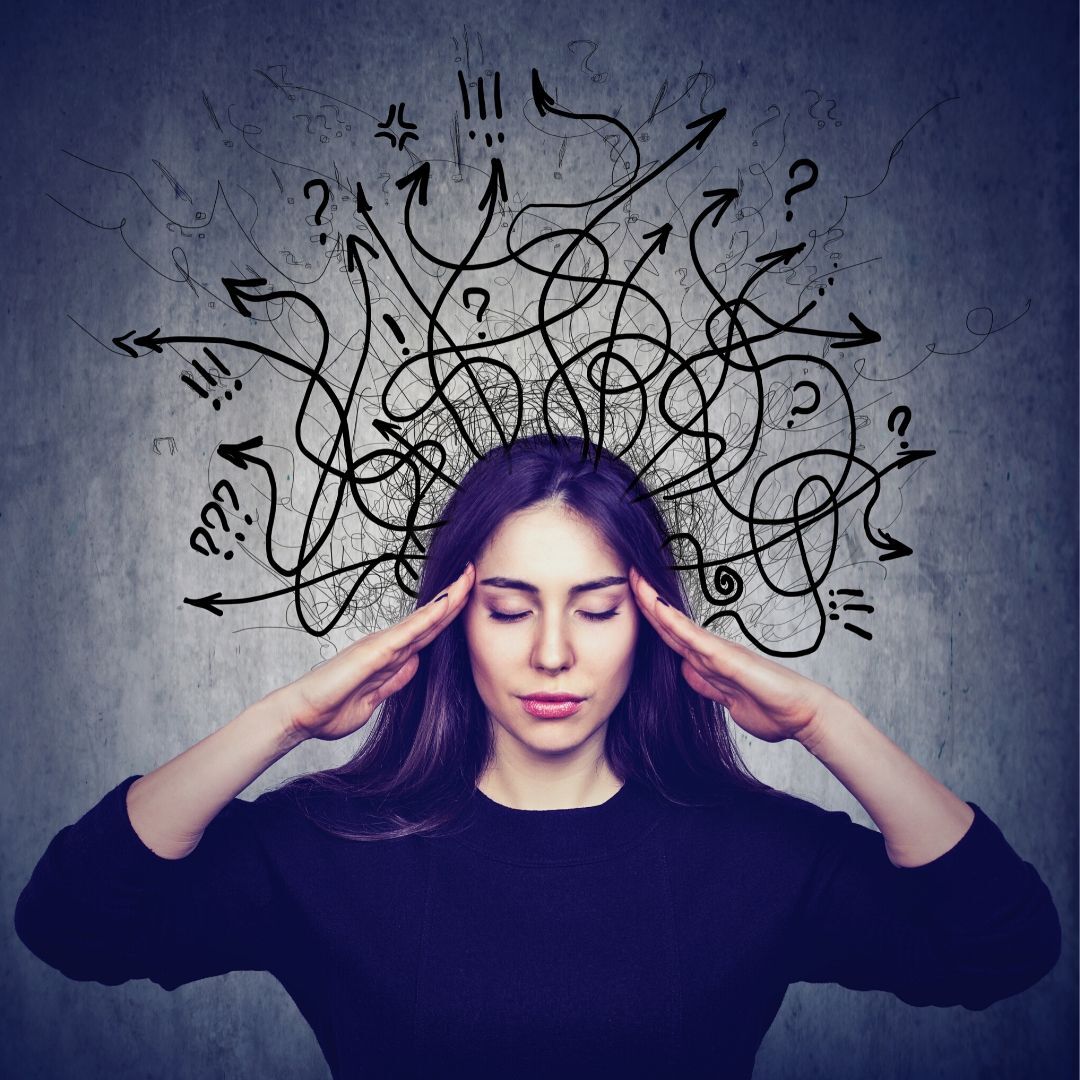
Managing our anxiety effectively is a practice. It’s something we need to engage with because we learn through experiencing this different way of being with our feelings, rather than trying to make them go away.
What can you do right now when you’re feeling anxious?
- Taking deep breaths This helps us to move us out of the body system that reacts to threat and into a calmer state. Keep breathing gently and deeply whenever you feel anxious and if you experiment with the idea below.
- Try writing down your thoughts.
Often when we see our thoughts on paper we have a different perspective. They feel so real inside our heads and arrive with an emotional charge in our body. Once they are written down we can often feel more objective about them. - Try to be as kind and understanding towards yourself of how you’re feeling as is possible during these challenging and uncertain times.
We are living in uncertain times and feeling anxious is a completely normal reaction, but we can learn to cope with our anxiety differently and look after out wellbeing.
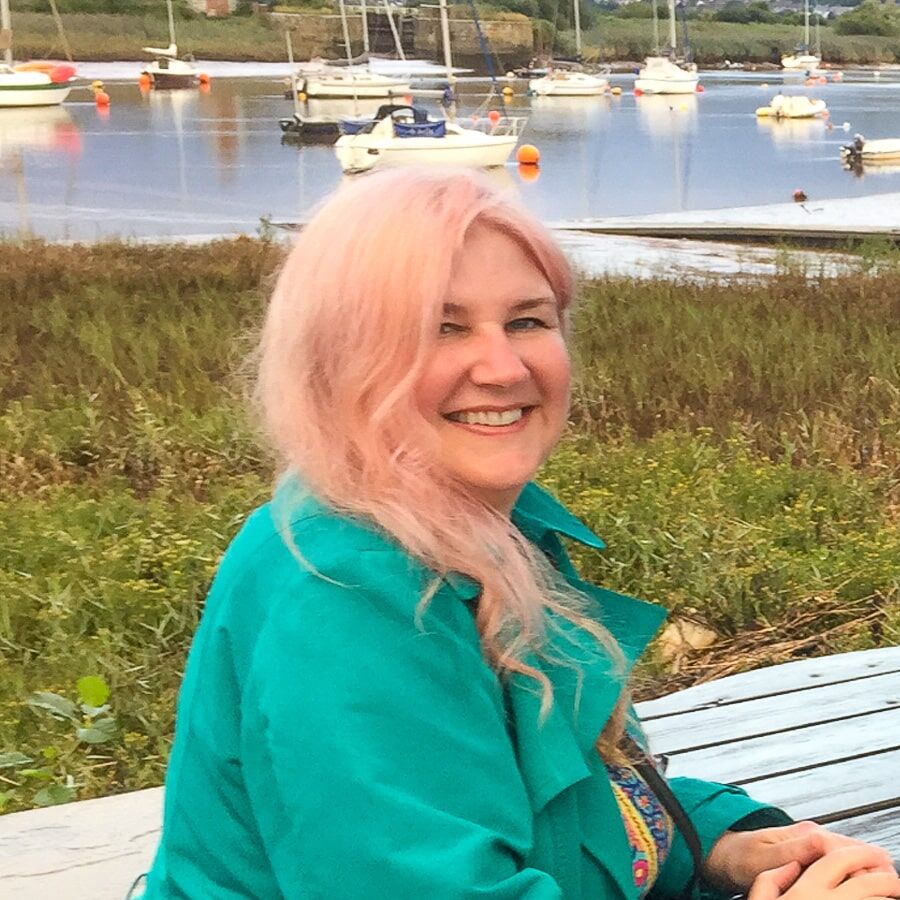
Karen Asprey
BSc (Hons) DipCHyp HPD RCMT
Clinical Director
I’m a clinical mindfulness teacher and mindfulness-based therapist and qualified to use clinical hypnosis.
I first started meditating when studying Acceptance and Commitment Therapy, a mindfulness-based therapeutic approach, about twelve years ago. The impact mindfulness meditation had on my life has shaped my career.
To stay up to date, follow us on our social media.
